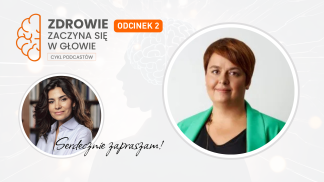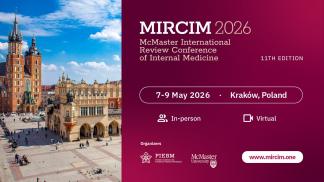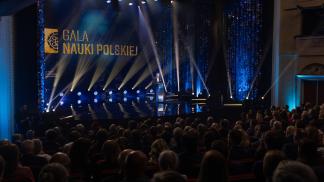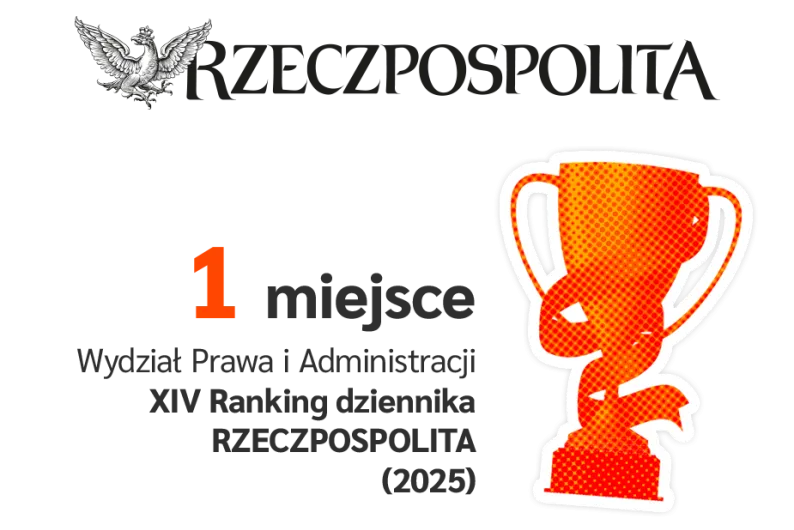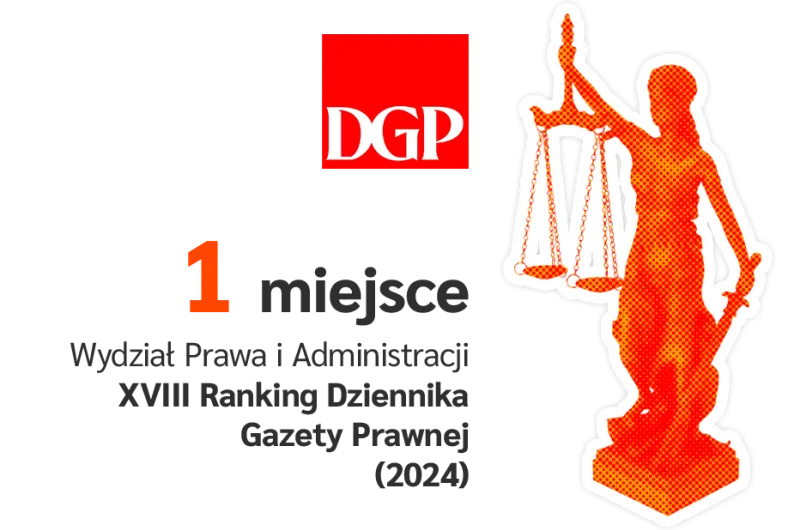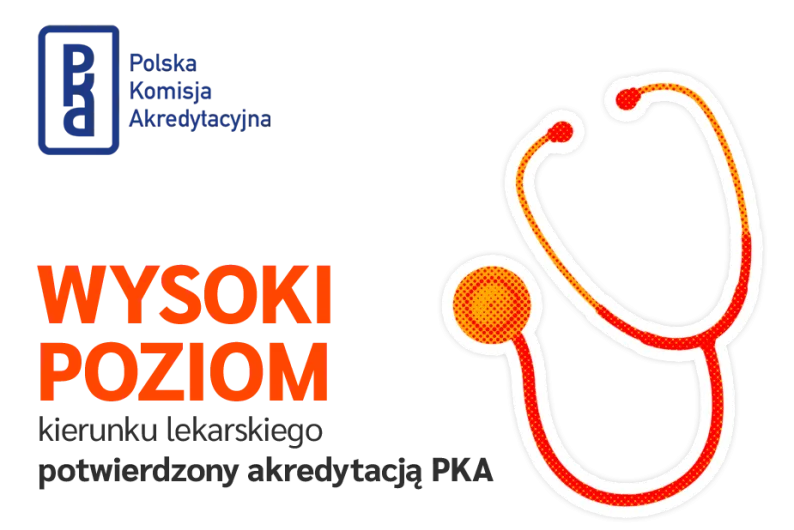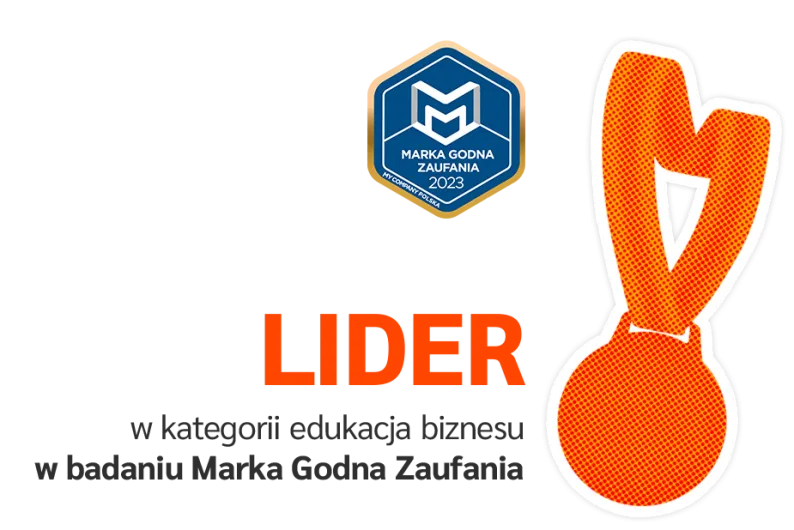Interview with Varvara Viarkovich - Lazarski University Student
Curious about her journey? Check out our short Q&A with her!
Magdalena, Lazarski University Marketing Department:
Hey Varvara! Could you tell us how you first get involved and what motivated you to take part in it?
Varvara, Lazarski University Student:
I first learned about the project through Lazarski University, which introduced it as a unique opportunity to collaborate with students from Quinnipiac University. I immediately felt it was a chance not only to gain new experiences but also to master my skills in a real business environment. I prepared my CV and application letter and submitted them to the Quinnipiac University Representatives. When I later found out I had been selected, I was truly thrilled.
What motivated me most to apply was the possibility of stepping beyond the traditional classroom setting and putting my knowledge into practice in a real consulting context. I was equally excited about working in an international team and preparing myself for the global environment I aspire to work in after graduation.
Magdalena: Can you take us behind the scenes - what was the project brief like and what were you expected to deliver as a student?
Varvara: The aim of the initiative was to develop a strategy for introducing a Polish company to the U.S. market. 2 Quinnipiac students with strong leadership skills led the project. They set the objectives and coordinated the work of about 10 students, divided into two teams: one focusing on economics and the other on management. Altogether, we worked on 6 main objectives.
The company we were assigned to was a real Polish business planning to enter the U.S. market. Our role was to approach this challenge as consultants. That meant analyzing competitors, identifying potential clients, building marketing and go-to-market strategies, conducting SWOT analyses, exploring possible locations, assessing opportunities, considering certifications and legal requirements, and finally developing recommendations for target markets and entry strategies.
Magdalena: And how was the project structured?
Varvara: The project lasted about 2 months. On average, we had 2 online meetings per week with the whole team. Each week was usually dedicated to a specific subtask, though some objectives required more time. Between meetings, we worked individually or in smaller groups on research, and then came together to share results, coordinate, and decide on the next steps. Cultural differences sometimes influenced our working pace, but overall, the collaboration was very constructive.
The project included both a mid-term and a final presentation. At the mid-term stage, we received feedback from one of the company’s employees, which helped us improve our work before the final presentation. The process was very practical: we had to refine our research, ask deeper questions, and expand the analysis as we went along.
Some of our subtasks included defining the product’s unique selling proposition, weighing its advantages and disadvantages, and comparing the Polish and European market context with the U.S. market.
Research was quite demanding, especially since we had to evaluate different U.S. states, but the Quinnipiac leaders supported us with guidance and structure. They encouraged us to use different analytical frameworks and perspectives, which helped us develop a professional, well-rounded consulting project.
Magdalena:
What was the biggest challenge while working on that project?
Varvara:
One of the main challenges was fully understanding the product we were analyzing. It was a highly technical engineering solution involving radio waves, and as students of business and economics, we had to invest extra time to learn how it worked and what value it could bring to the U.S. market. Translating such technical information into a clear business strategy was difficult and rewarding.
Magdalena:
Every research project has its “aha!” moments. Was there one insight or finding that really stuck with you?
Varvara:
Yes, absolutely. One of the biggest realizations was how different each U.S. state is when it comes to business conditions. I was so surprised by U.S. taxes, rental costs, administrative procedures, legal requirements, even consumer behavior - all of these vary widely across states. That made us realize how important it is to tailor strategies not just for the U.S. as a whole, but for specific regions.
Another key insight was understanding the importance of certifications for market entry - sometimes a company can develop a direct strategy, but in other cases, partnering with an already certified distributor may be the more effective approach.
Magdalena:
On a personal level, what skills or perspectives did you gain from this experience that you might not have picked up in a classroom setting?
Varvara:
The biggest difference was the chance to interact directly with people from the company. Unlike case studies in class, this was a real business with real stakes, which made the work much more engaging. It gave me confidence in applying my academic knowledge to practical situations, and it taught me how to communicate findings clearly to business professionals.
Magdalena:
How do you see this experience shaping your career path or academic interests going forward?
Varvara:
It strengthened my interest in consulting. This project gave me a taste of what consulting work looks like — logical analysis, structured research, and teamwork. It was demanding but also exciting. Now I know I’d like to explore this path further, perhaps by taking part in more international projects or internships in consulting firms.
Magdalena:
Finally, what would you say to other students who might get the chance to take part in a similar international project?
Varvara:
Take it seriously. Even though the structure may feel flexible and without strict deadlines, the value of the experience depends on how much effort you put into it. Treat it like a real job, because it can teach you a lot about business, teamwork, and yourself. It’s also a great way to find out whether consulting or international business is the right direction for you.
Magdalena:
Thank you, Varvara, for sharing your story! We’re excited to see where your passion for consulting will take you next.
Varvara:
Thank you!

